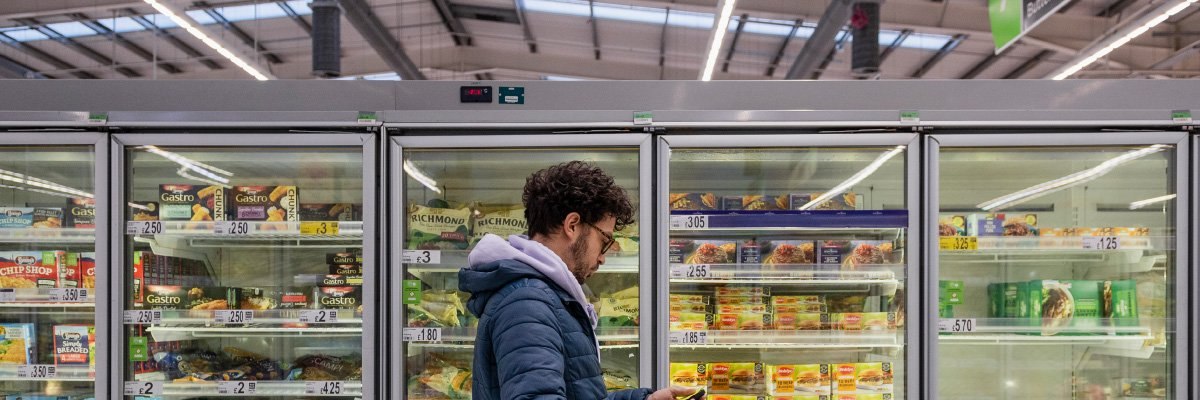
Best before and use-by: A guide to what Brits think food labels mean and which products need them
Approximately 9.52 million tonnes of food is wasted in the UK every year with more than 67% of it being food that could still be consumed. And confusion over 'best before' and 'use-by' date labels is one of the key factors contributing to such food waste.
A recent YouGov Surveys: Self-Serve poll of 1,000 British adults takes a deeper look into how Britons perceive date labels on perishable food items and how these labels impact their grocery buying decisions. Some key insights from the research include:
- A large share of Britons is correctly aware that ‘best before’ date labels are food quality labels (84%) and ‘use-by’ date labels are food safety labels (72%).
- 47% of Britons say it is necessary to have just use-by date labels on perishables while 35% think it is important to have both food safety and quality labels.
- Britons are significantly more likely to purchase dry goods (56% vs. 42%), frozen food (45% vs. 32%) and fresh produce (42% vs. 29%) without food quality labels compared to food safety labels.
Awareness about date labels on perishable food items amongst Britons
Perhaps unsurprisingly, given leading industry initiatives like ‘Too Good to Go’ that have been tackling date label confusion in recent years, 84% of Brits are correctly aware that best before date labels indicate the last date after which a perishable is fit for consumption but will deteriorate in quality (i.e. the taste, appearance and smell of the products may be altered).
Similarly, nearly three-fourths of British adults are aware that use-by date labels indicate the last date after which a perishable food item is unsafe or unfit for consumption (72%).
Notably, a substantial share of respondents incorrectly identified use-by labels as food quality labels as opposed to food safety labels (25%).
Do Britons think food safety labels are more important than food quality labels?
Just 13% of Britons think it is necessary to only include best before labels with perishable food items compared to nearly half who say it is necessary to include only use-by date labels (47%).
On the other hand, one out of three respondents believe that both use-by and best before date labels should be included (35%).
Labels vs. Intuition: How do Britons decide what to buy and consume?
According to the data, Britons are significantly more open to buying perishable food products without food quality labels than those without food safety labels. More than a quarter of respondents would not be willing to buy any of the given product categories without use-by dates (29%) compared to 17% who say the same for best before date labels.
More than half of Britons would be willing to buy dry goods like flour and pasta (56%), condiments like sauces and vinegar (53%), and canned goods like baked beans (51%) without best before date labels. On the other hand, just two-fifths would be willing to buy these products without use-by date labels (42%, 40%, and 40% respectively).
Less than one in five Britons say they would be open to buying eggs (16%) and dairy products (13%) without food quality labels compared to just a tenth who would do so without food safety labels (11% and 9%).
Explore our living data – for free
Discover more FMCG content here
Want to run your own research? Run a survey now
Make smarter business decisions with better intelligence. Understand exactly what your audience is thinking by leveraging our panel of 26 million+ members. Speak with us today.
Methodology: YouGov polled 1,000 British adults online on April 26-27, 2024. The survey was carried out through YouGov Surveys: Self-serve. Data is weighted by age, gender, education level, region, and social grade. Learn more about YouGov Surveys: Self-serve.